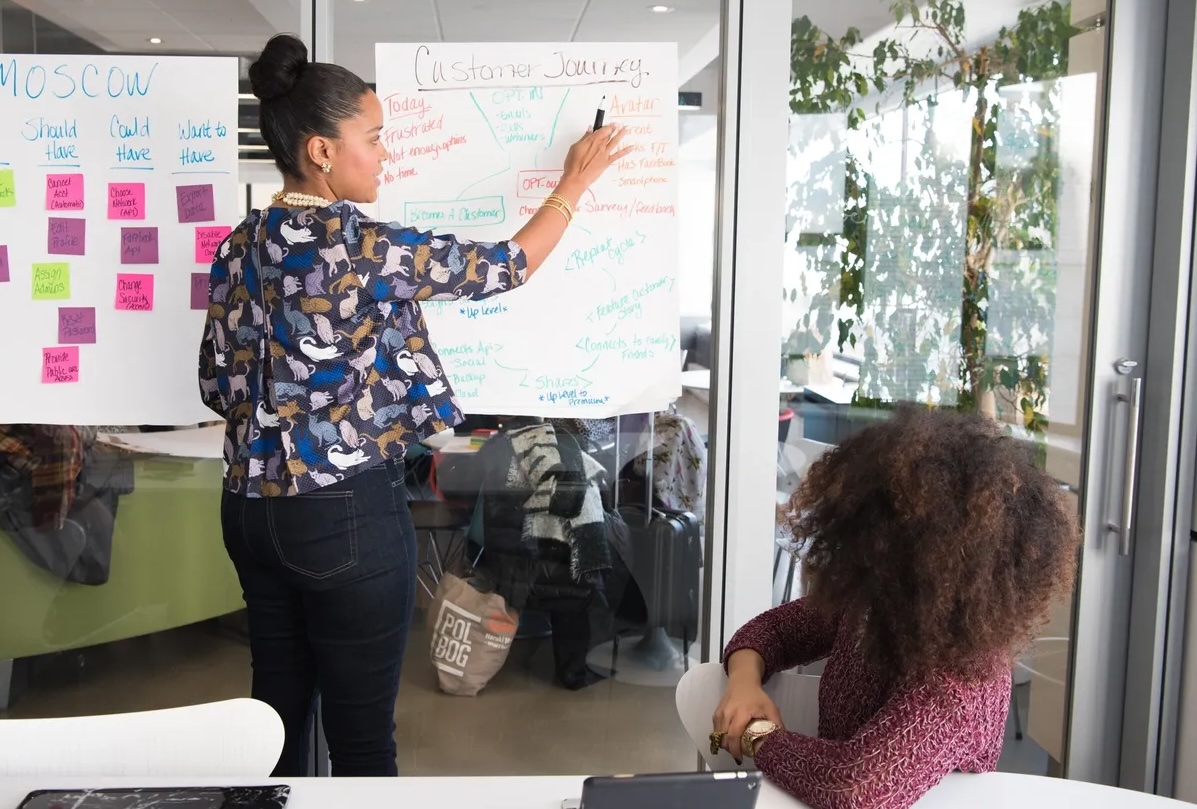ImpactAlpha, September 23 — With its dot-org website and social-activist mission, Change.org was often mistaken for a nonprofit organization. Now it is owned by one.
The company, which hosts more than 70,000 petition campaigns a month, secured equity donations from more than 50 shareholders and will be 100% owned by the nonprofit Change.org Foundation.
“This secures the long-term stewardship of Change.org as a digital public utility committed to the public interest,” Change.org’s Ben Rattray, Nick Allardice and Preethi Herman wrote on Medium. Rattray will move up to executive chairman, Allardice to CEO of Change.org and Herman to executive director of the foundation.
Investors who agreed to contribute their shares include Bill Gates, Richard Branson, Ray Dalio, Ashton Kutcher, Sam Altman and Jerry Yang. LinkedIn founder Reid Hoffman, who invested $30 million in Change.org in 2017, helped lead the conversion effort. More than 90% of investor equity was donated. The San Francisco-based B-Corp. will redeem the remaining investor shares, as well as pay off employee options at a valuation set through an appraisal.
Rattray told ImpactAlpha the nonprofit conversion is aimed at entrenching Change.org’s social mission even more deeply than the company could as a public benefit corporation and a certified B Corp. Those structures let companies commit to stakeholders in addition to shareholders; nonprofit status eliminates shareholders entirely.
Hybrid model
The nonprofit Change.org Foundation will oversee Change.org, which will continue to operate as a public benefit corporation. Rattray cited Mozilla Corp., the maker of the Firefox web browser, which is owned by Mozilla Foundation, and OpenAI, the artificial intelligence company that is controlled by OpenAI Nonprofit.
Rattray said such structures can combine the growth trajectories of tech companies with public-interest stewardship. In particular, he said, the hybrid structure makes sense for a social-action platform like Change.org, which relies on public trust on issues like data privacy and disinformation. The Change.org Foundation is focused on increasing access to the platform and “empowering the least powerful people around the world to make the change they want to see.”
He said investors were receptive to the proposal. “I was really grateful and impressed with the extent to which the first principle for the investors that I spoke to was, ‘What is best for the mission of the organization and your ability to scale?’ And secondarily, ‘How does this impact my investment?'”
Change.org generates about $70 million annually in revenue from user-funded advertisements for petitions on the website and donation-based subscriptions that start as low as $3 per month. Under nonprofit ownership, Change.org is looking to build services on top of its petition platform.
In their post, Rattray and his colleagues said Change.org is looking to build a civic infrastructure ecosystem where users can “use their voice, money and time to build healthier, more participatory and responsive democratic societies.”











